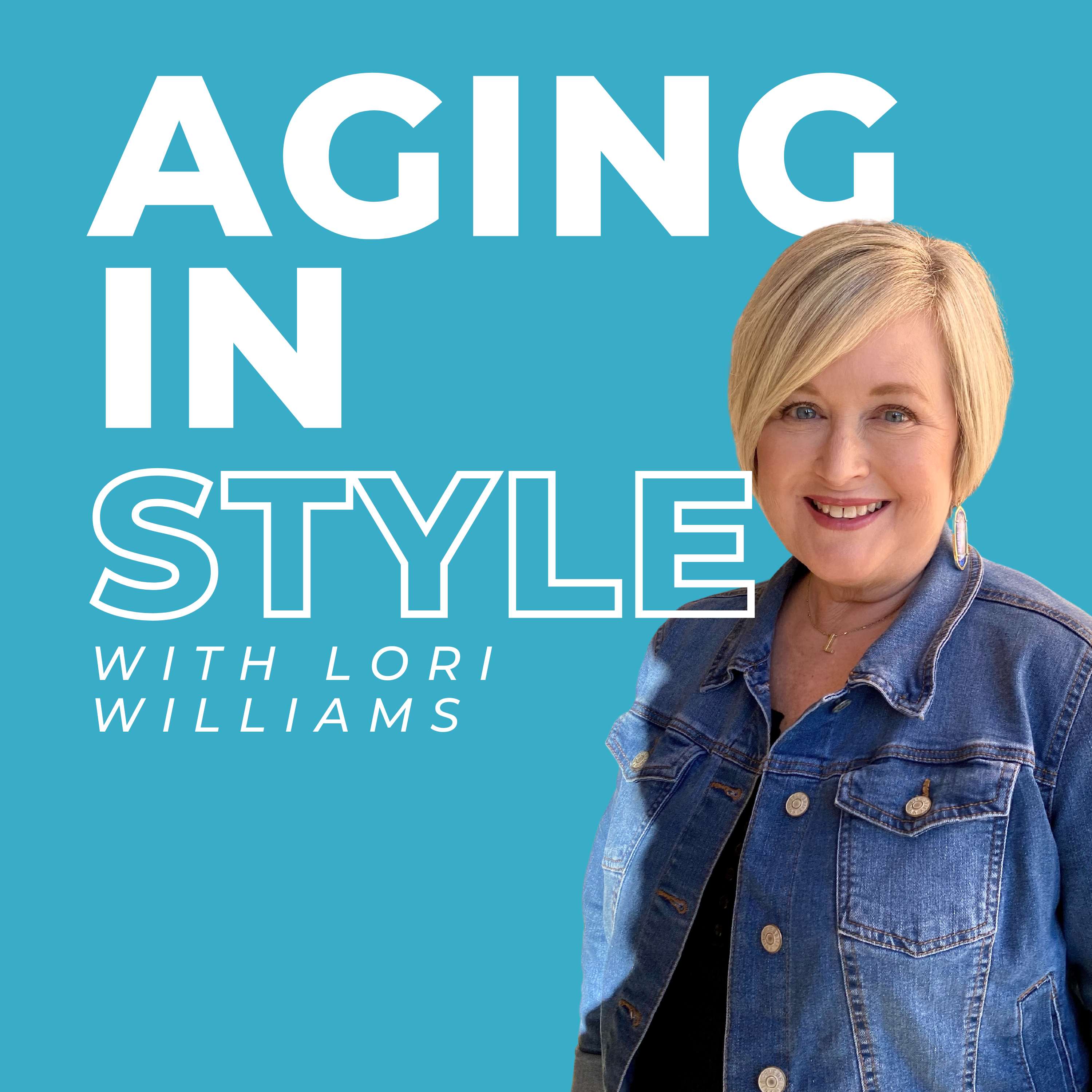Mar 01 2024 31 mins
What should I know about reverse mortgages?
True or false: If you move to a reverse mortgage, you will have to give up title to your home. False! You keep title to your home and continue to control the property, just as you would with a different type of mortgage. There’s no impact on your income taxes or credit at all, and actually, it can be a versatile tool to help you live a better life.
The technical name for a reverse mortgage is Home Equity Conversion Mortgage, which is the FHA-insured reverse mortgage. It’s an age-specific mortgage specifically for those age 62 and above where homeowners convert a portion of their home equity into cash without having to sell their property or give up title to their home and without having to make any mortgage payments.
There are many myths about reverse mortgages, and guest Brenda Bonin from Mutual Omaha is here to dispel them. She shares how much of the misconceptions come from before reverse mortgages became FHA insured, and firmer regulations were put into place. However, they’re a flexible, useful tool where owners can tap into their home equity for cash. In turn, this can finance home health, memory care, the general upkeep of your home – anything you choose.
Additionally, all proceeds go to the owner tax-free, and there’s no payment until the end, when the homeowners decide to sell and move or pass away. If the latter, most people in their family or their heirs will sell the property to pay off that loan and remaining equity goes to the heirs.
It’s easy to qualify because it doesn’t adhere to the standard debt ratio. Instead, there’s a financial assessment in place to gauge whether homeowners are able to remain in their home and maintain it. Banks also look at how much equity you have in your home.
If you’re interested, speak with a mortgage specialist to discuss your goals, current struggles, and cash flow needs. You’ll also go over technical details such as your home’s value, your age, financial situation, and more.
Topics discussed:
- Reverse mortgages
- Home Equity Conversion Mortgage
- Home equity
- Asset management
- Misconceptions of reverse mortgages
- Qualifying for a reverse mortgage
- Why take out a reverse mortgage
Takeaways from this episode:
- If your other half is in memory care and you’re using a reverse loan on your house to help pay, the benefits of the program and loan remain in place as long as you’re still in your house as your primary residence.
- There are 3 ways to get your reverse mortgage funds: lump sum, monthly payments, or as a line of credit. You can also do a combination of the 3.
- Interest accrues on the loan if no payments are made, and the loan balance increases. However, real estate tends to appreciate, especially in Texas, which can offset some of that interest.
- Reverse mortgages are becoming more practical as people begin living longer and longer and need to use their assets to continue to live well.
- Both spouses have to be at least 62 to qualify in Texas, whereas other states allow “trailing spouses.”
- Less-than-perfect credit is not a barrier to reverse mortgages. There is no credit score minimum.
Resources mentioned in this episode:
To suggest a topic, be a guest or support the podcast, please email [email protected]
For more senior resources and to sign up for the newsletter, please visit:
https://www.facebook.com/LoriWilliamsSeniorServices/
https://www.instagram.com/theloriwilliams/
https://www.linkedin.com/in/theloriwilliams/
https://loriwilliams-seniorservices.com/aging-in-style-podcast/
Contact Brenda with Mutual of Omaha:
469-682-6633
What is an emergency binder and what it should include:
